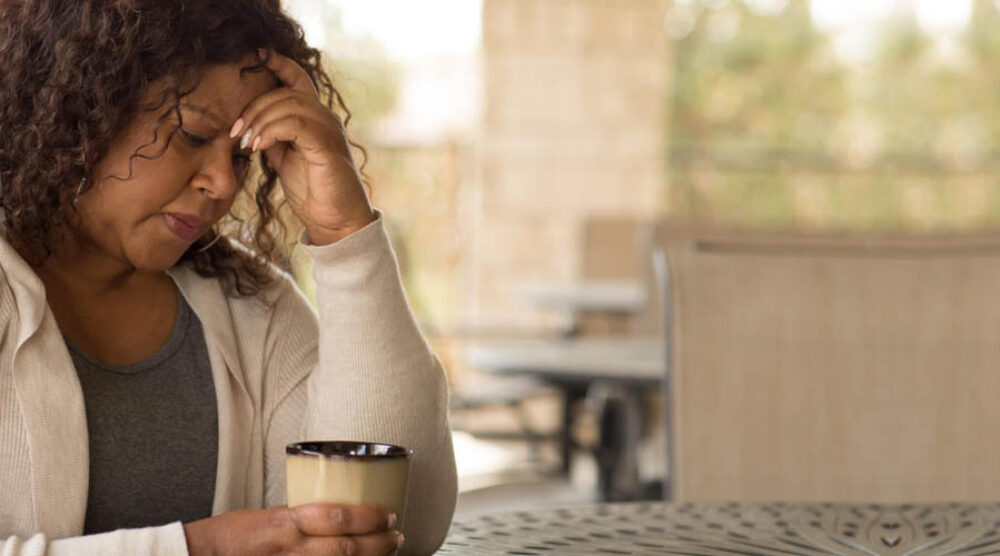Homelessness among women over the age of 55 in Australia is a growing issue with the number of women accessing services increasing. Recently there has been a tidal wave of homelessness among women in Australia so researchers and policy makers have started looking into the reasons behind the issue and solutions to resolve it. This concern has been compounded by the fact that older women’s homelessness has been described as ‘hidden’, yet the Australian census notes that 36 per cent of older homeless people are women.
Researchers have argued that while there is no single reason that has led to this issue facing Australia today, many causes have been put forward—namely, gender pay gaps, occupational and sectoral gender segregation, age and gender discrimination faced by older women who are looking for work, along with women taking time off to look after children, loss or death of the main earning member of the family and shifts in our social climate where there is an increase in longevity of women into older age.
Some major issues identified were domestic violence, shortage of affordable housing, family breakdown, substance abuse, mental illness and unemployment as major contributors to homelessness. Homelessness has a negative impact on both physical and emotional health of people, with risk of death to almost 64 per cent within 5 years and this leads to older people accessing the hospital system much more frequently.
Dr Dhara Shah from the Department of Business Strategy and Innovation and lead researcher of the Sisters support business together project recently participated in a panel of experts as part of the Social Impact Project Launch aimed at helping connect students and guests with industry professionals, community advocates, and experienced voices. The main goal of these projects is to work together with industry and community partners to effect change, educate and empower students within major social justice areas.
In her keynote address, Neroli Holmes, Deputy Human Rights Commissioner spoke about the gendered nature of homelessness and some of the key reasons leading to this issue and how it could lead to social isolation. She further discussed the new Human Rights Act which people impacted by homelessness could use. Some of the key issues she noted were around how homelessness is being criminalised and people’s human rights are being hindered with some of the architectural issues. She concluded that:
“Partnerships are essential to solve homelessness issue.”
The aim of the panel session was to provide access to diverse perspectives and experiences on homelessness to support interns to enter into meaningful dialogue with stakeholders to identify needs and develop an appreciation of the complexity of the issue.
The success of the Sisters project demonstrates how research and community engagement can have a meaningful impact on social issues like vulnerable women aged 50 and over living in public housing or are at risk of homelessness. Dr Shah proposed that a collaborative effort is needed to discover solutions to these problems. It is important to work with people experiencing homelessness and involve them in any decision-making.
Dr Shah said “Through our Sisters project we are working with government, university and with precarious and disadvantaged women over 50 years to come up with holistic solutions to these issues.”
“We take women through an entrepreneurial journey, by upskilling, coaching and mentoring them. Then bringing them into groups. “
“The overall aim to help the women build self-efficacy, beat social isolation and transition them into the labour market.”
“We constantly liaise with the participants to understand if these solutions are working and how else they could be supported.”





